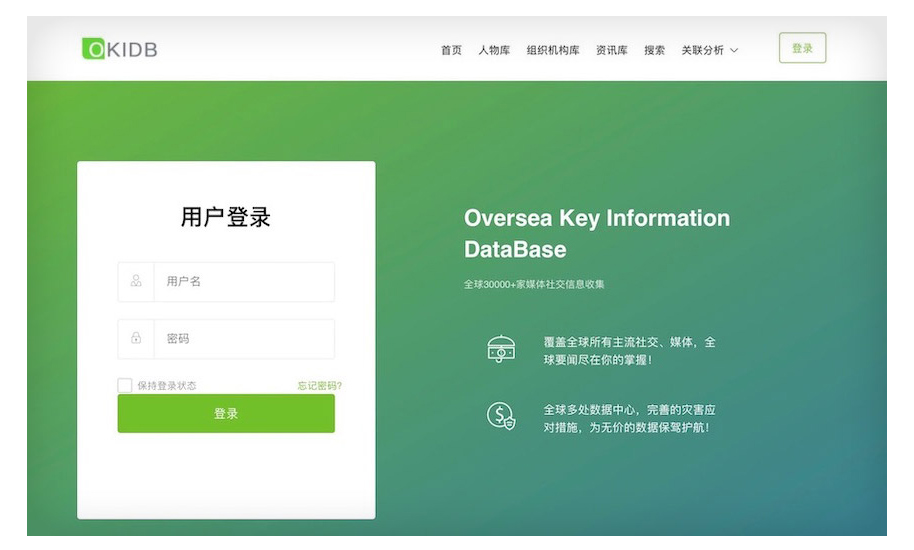Data analytics companies conduct business by helping clients scale through decision making.
When people don't have enough data about something, have less to no awareness about the data they have, or lack the knowledge and expertise in processing their data, data analytics company can help them.
The companies can identify data, conduct various analysis and answer various data inquiries to their clients by giving them insight into their data.
Zhenhua Data is a Chinese data analytics company, and it was found that it's database contained data of 2.5 millions people around the world. The database includes information such as date of birth, addresses, marital status, photographs, political associations, relatives, and social media IDs.
The database owned by Zhenhua Data, called the 'Overseas Key Information Database' or OKIDB, was leaked to American professor Christopher Balding, who was previously based in Shenzhen but later relocated to Vietnam and, finally, to the U.S. due to safety concerns.
Balding then shared the data with Internet 2.0, a cybersecurity firm based in Canberra.

The data was said to have been collected from Twitter, Facebook, LinkedIn, and Instagram as well as news agencies, stories on the web, criminal records, and corporate misdemeanors.
Internet 2.0 said that it was able to restore about 10% of the database, or 250,000 entries, and found that the database includes data from citizens in the U.S., Australia, the U.K., India, Indonesia, Canada, Malaysia, New Zealand, and Papua New Guinea.
Those people include government officials, influential individuals, celebrities, sportspeople, think-tanks, high-profile figures from big companies across several industries.
"From politics to organized crime or technology and academia just to name a few, the database flows from sectors the Chinese state and linked enterprises are known to target," said Balding.
Balding added that the collected information could be used for monitoring purposes and to understand how to exert influence.
Balding also said that the person who first leaked the information had put themselves in a huge risk, but had “done an enormous service and is proof that many inside China are concerned about CCP [Chinese Communist Party] authoritarianism and surveillance.”
For those interested in a slightly more technical description of the data. Please understand we have purposely been semi vague though one can still get a very clear understanding of the data https://t.co/q4lguRpmjM
— CCP Collaborator Balding 大老板 (@BaldingsWorld) September 13, 2020
On his own website, Balding was astound by the data leak, saying that international analysts have long downplayed the efficiency of China’s intelligence machinery. He added that the world should understand how much China invests in intelligence and influence campaigns.
In respond to the issue, a representative of Zhenhua Data told The Guardian that reports were untrue.
“Our data are all public on the internet. We do not collect data. This is just a data integration. Our business model and partners are our trade secrets. There is no database of 2 million people,” said the representative, who identified herself as the company's head of business.
"We are a private company," she said, denying any accusations and connections with the Chinese government or military.
"Our customers are research organizations and business groups."
While the representative denied that Zhenhua Data had any ties to the Chinese administration, she admitted that the firm has some kind of database of foreign individuals.
